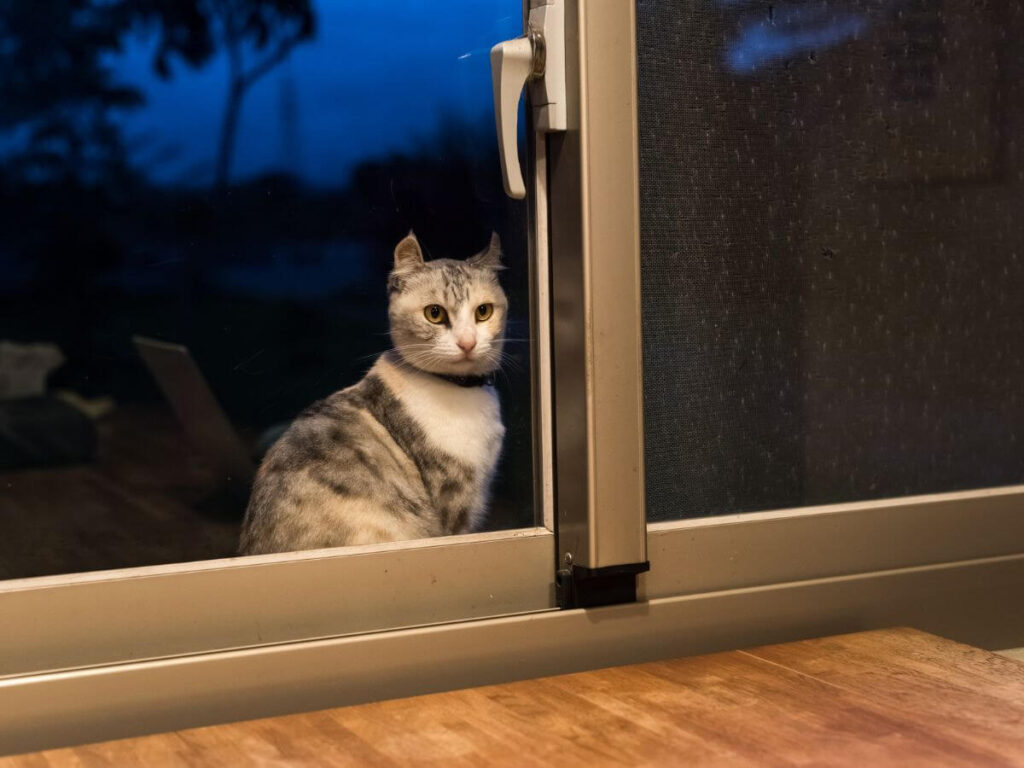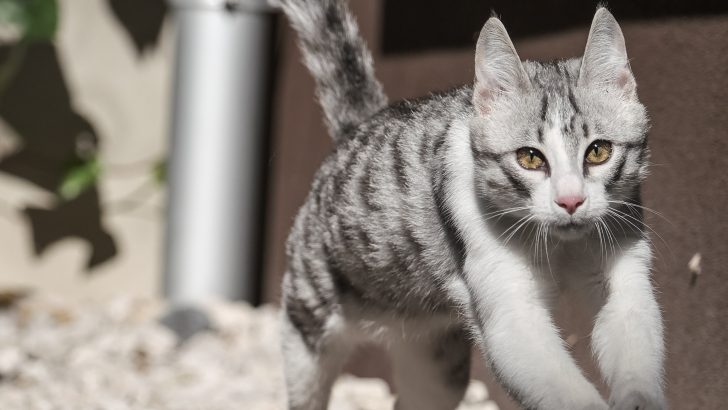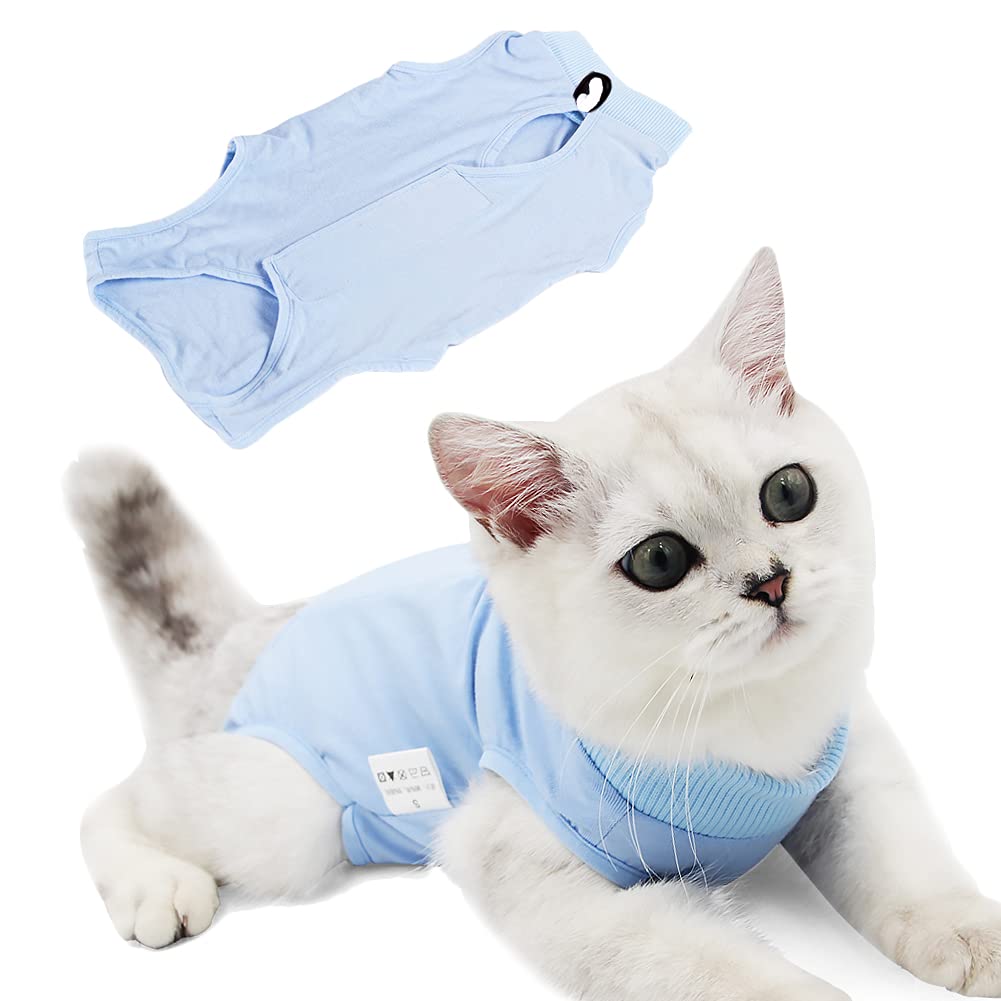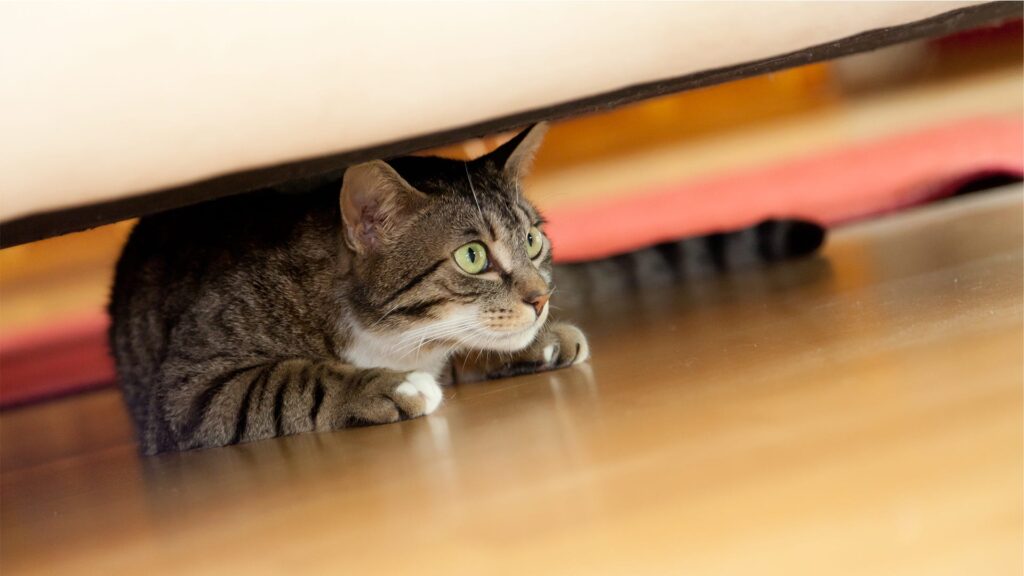Cats do not need light at night because they have exceptional night vision. Their eyes reflect light, which helps them see in the dark.
In fact, cats have a layer called the tapetum lucidum, which enhances their ability to see in low light conditions. This layer gathers and reflects any available light, allowing them to navigate their surroundings with ease. However, it is worth noting that cats still need certain amounts of light during the day to maintain their circadian rhythms and overall well-being.
Providing regular light exposure during daylight hours is beneficial for their health and natural patterns of activity and rest. Cats are fascinating creatures, with their mesmerizing eyes and nocturnal habits. One of the most intriguing aspects of a cat’s behavior is its ability to navigate in almost complete darkness. Have you ever wondered why your feline friend can effortlessly move around at night without stumbling over objects?
Well, it turns out that cats have a special adaptation that makes them incredibly efficient in low light conditions. Unlike humans, who struggle to see without light, cats possess exceptional night vision. This evolutionary trait is attributed to a unique layer in their eyes called the tapetum lucidum, which reflects and amplifies available light. As a result, cats can pick up even the faintest glimmers and make their way through dark rooms with ease. However, despite their exceptional night vision, cats still require light exposure during the day to maintain their overall well-being and natural rhythms. Let’s explore why cats don’t need light at night but still benefit from light during the day.

Contents
The Natural Behavior Of Cats
Like many other animals, cats have developed a natural instinct to be more active during the night. This behavior is rooted in their evolutionary history as nocturnal hunters. Unlike humans, cats possess exceptional night vision, enabling them to see and navigate in low light conditions. Their eyes contain specialized structures called tapetum lucidum, which reflects light within the eye, increasing their ability to see in the dark.
While it is true that cats don’t need artificial light at night, they do benefit from some amount of ambient light. This can help them navigate their surroundings and engage in their natural behaviors. However, it is important to strike a balance as excessive artificial light can disrupt their natural sleep patterns and cause health issues. Providing a dimly lit environment during the night can be more conducive to their well-being. Additionally, it’s worth mentioning that cats have a unique ability to adjust to different light levels, allowing them to adapt to varying lighting conditions.
| Why cats are active at night | The role of light in a cat’s behavior |
|---|---|
| Cats’ evolutionary history as nocturnal hunters | Helps cats navigate their surroundings |
| Cats’ exceptional night vision | Ambient light aids natural behaviors |
| Tapetum lucidum enhances night vision | Balance needed to avoid disrupting sleep patterns |
The Importance Of Darkness For Cats’ Health
The importance of darkness in a cat’s life should not be underestimated. Cats are naturally innately connected to darkness, as they are crepuscular creatures that are most active during dawn and dusk. Darkness provides cats with a sense of security and allows them to engage in their natural hunting behaviors. Excessive light exposure can have detrimental effects on a cat’s health.
It can disrupt their sleep patterns, leading to sleep deprivation and ultimately affecting their overall well-being. Artificial lighting at night can be particularly harmful to cats, as it can interfere with their circadian rhythm and disrupt their melatonin production. This can result in various health issues, including stress, anxiety, and even obesity. It is important for cat owners to provide their feline companions with a dark and quiet environment during nighttime hours to promote their physical and mental health.
The Ideal Lighting Conditions For Cats
It is important to consider the ideal lighting conditions for cats, especially at night. Cats are naturally active during the day and tend to sleep at night. Creating the right balance of light and darkness in their sleeping environment is crucial for their overall well-being. Excessive light at night can disrupt their sleep patterns and may impact their health. Cats are known to have great night vision and can see in low light conditions, but they also need periods of darkness to rest and recharge.
To provide a cat-friendly sleeping environment, it is recommended to create a quiet, dark, and comfortable space. This can be achieved by using blackout curtains or blinds to block out external light sources, and ensuring the room is free from bright screens or ambient lighting. Using a night light or low-level lighting can help cats navigate their surroundings without disturbing their sleep.
When it comes to providing adequate lighting at night, it is important to strike a balance. Low-level, gentle lighting can be beneficial as it allows cats to see and move around without causing sleep disturbances. Avoid bright, harsh lights that can be disturbing to cats. Additionally, consider placing the litter box and food/water dishes in well-lit areas to ensure cats can access them comfortably during the night.
Frequently Asked Questions Of Do Cats Need Light At Night? Aren’t They What Shines So Bright?
Does My Cat Need A Light On At Night?
No, cats do not typically need a light on at night. They have excellent night vision and can navigate in darkness. However, providing a night light can help minimize any potential accidents or anxiety in some cases.
Can Cats See In The Dark At Night?
Yes, cats can see in the dark at night. Their eyes have a structure called the tapetum lucidum, which reflects available light back to the retina, enhancing their vision in low-light environments. This gives them an advantage for hunting and navigating in the dark.
Can Cats See In Total Darkness?
Yes, cats can see in total darkness due to their highly developed night vision.
Do Cats See Better In The Dark Than The Light?
Cats see better in the dark because they have a specialized layer in their eyes called the tapetum lucidum. This layer reflects light back to the retina, enhancing their night vision.
Conclusion
Cats do not necessarily need light at night, as their exceptional night vision allows them to navigate in darkness. In fact, excessive light exposure during nighttime can disrupt their natural sleep patterns and overall well-being. However, it is essential to provide them with a safe and comfortable environment, ensuring they have access to natural light during the day.
Ultimately, understanding their nocturnal nature enables us to create a conducive space for our feline friends to thrive.
Katie Lindsey is a passionate cat lover and founder of Cats Solution, a comprehensive resource for all things feline. With a lifelong love for cats and extensive knowledge in their care and behavior, she provides expert advice and solutions to cat owners. Through her website, Katie fosters a supportive community where cat enthusiasts can find guidance and heartwarming stories. A dedicated advocate for animal welfare, Katie also promotes responsible pet ownership and adoption. Join her on this purr-fect journey celebrating the joy of feline companionship.



